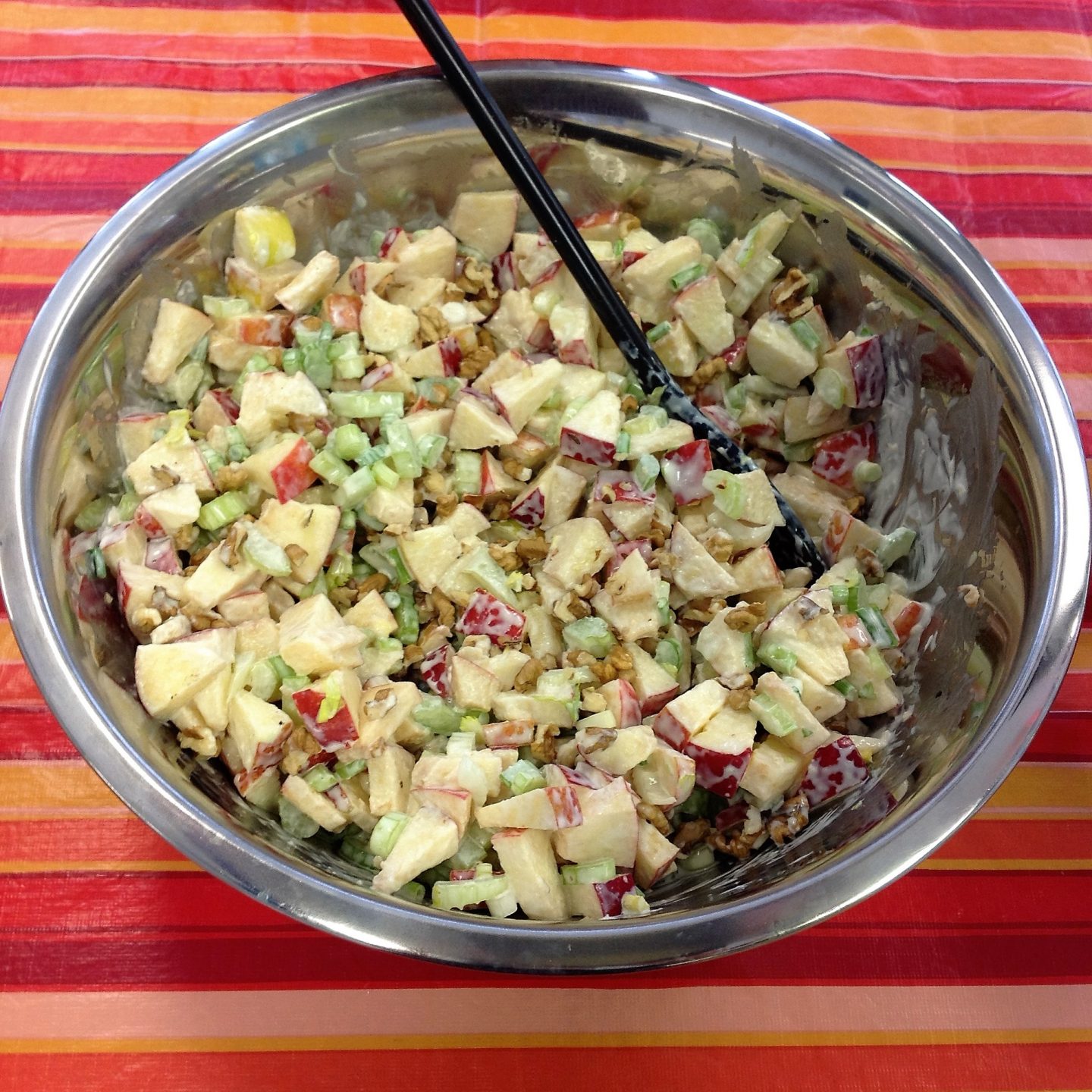Offering the salad bar to the 350 students at Prince Charles Secondary School (PCSS) in Creston BC seems a natural endeavor. The Creston Valley with its fertile soil and unique micro climates offers some of the best growing conditions in the province. The valley is abundant with fruit trees, market gardens, dairy farms, one that produces its own cheeses, beef cattle and all the fresh eggs you can eat. Miles of hay fields and one of the biggest growers of asparagus in BC make Creston home. A few students live on farms or gain employment during the cherry harvest but the connection between the agricultural abundance of the valley and students is limited.
Involving students in a Farm to School program in a secondary school setting is much different than in an elementary setting. Classes are singularly focused with specific academic goals and time frames. The art of farming involves subjects such as math, science and physical exercise along with the arts for inspiration and the obvious life skills in cooking, harvesting and preserving we want to incorporate it all!
PCSS is not equipped with any cafeteria infrastructure. The school is surrounded by fast food restaurants and a 7 Eleven store where students have been buying their lunches for years. With that kind of competition tickets for the Salad Bar are the best value in town. Educating people when it comes to healthy food choices, life styles and their impacts is challenging, never mind educating teens. At first we couldn’t even give free tickets away for the salad bar. Students said they didn’t eat vegetables, we had to convince them to try it! A particular student who usually came without lunch went hungry instead of trying the salad bar. That challenged us to make very different kinds of salads for students who don’t like vegetables. By June said student was unnecessarily turning on the charm to get a Salad Bar ticket. A small but significant victory!
The support of a Foods teacher, the Resource Teacher and EA and the First Nations Support EA were key to getting students involved in the salad bar. Students were seeding and tending to plants in the greenhouse, chopping, slicing and dicing vegetables, making salad dressings and soups or helping set up tables. As well as making their own no-sew aprons. The leadership class presented a survey to students about the salad bar and their interest in the actual growing and farming of food. All that information adds to our ideas for next year.
There are two beautiful greenhouses owned by The College of the Rockies (COTR) across the street from PCSS. They run without heat in the winter however one class planted seeds and harvested different lettuces, herbs, and beans in late spring. Which has inspired us to grow greens in a mini greenhouse over winter next school year and to start earlier in the college greenhouse too.
The theme at the end of our first year of the PCSS Farm to School Salad Bar seems to be the same as many farmers: next year.
Next year we would like more connection between students and others helping with the Salad Bar. The Special Needs program at PCSS has flexibility and capacity along with their teacher and EA supporters to do a lot of the practical work for the PCSS Farm to School Salad Bar. The junior cooking classes along with their teacher also do a lot of work. Students in the Special Needs program are integrated into classes everyday but we would like to integrate a few typical students into the Special Needs class with everyone working towards the same Farm to School Salad Bar goal. It is still integration with a different dynamic but the same benefits and more for everyone.
Next year we want parents to know more about the salad bar. A challenge in secondary schools every where is communication. There is so much happening at a secondary school for students to share. Combine that with some teens reluctance to engage in conversations and parents need to focus on big, important topics and understandably the salad bar information gets lost.
We’d also love to include parents in the preparation of the salads and soups. Students can make parents feel that there aren’t many opportunities for them to help at the Secondary level, it’s a teen thing. But helping in the kitchen feels safe for everyone. You may not see your child but for all the right reasons your child will know you’re there.
The farming community has been very supportive of the Farm to School Salad Bar at PCSS. It is hard to find a time that farmers are not busy to discuss all the future plans we would like to initiate. There is so much more to the prepared food that you see sitting on your plate. The Creston Valley provides the perfect opportunity for students to gain an appreciation for the amount of time, work, skill and cooperation from Mother Nature needed to produce that soup and salad.
Next year we’ve a few ideas planned to give free tickets for the salad bar, it’s a way to include students without means for lunch without singling anyone out. We’ll give teachers tickets to give away to students, we’ll have a draw for students to enter a teacher’s name. We’ll ask the math and science questions relating to farming and post poems or art about food and give a ticket to the first right answer. We also want a catchy name for the PCSS Farm to School Salad Bar. A naming contest is in order!

